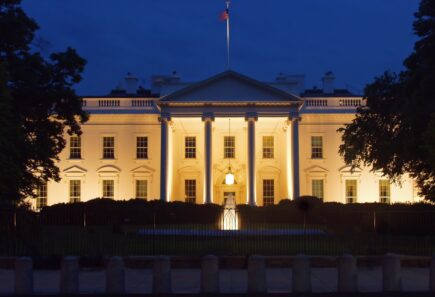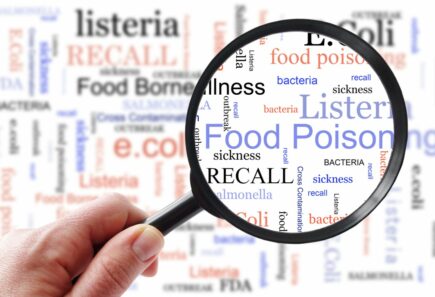
How government-funded research on alternative proteins can grow the bioeconomy
James Dale, Ph.D.To see our transformative vision of the food system become reality, government investment into researching alternative proteins is mission-critical.

To see our transformative vision of the food system become reality, government investment into researching alternative proteins is mission-critical.

At The Wall Street Journal's Global Food Forum, GFI director of policy Jessica Almy made the case for consumer choice and against government censorship of plant-based food labels.

The Good Food Institute, the Animal Legal Defense Fund, and the ACLU of Arkansas are bringing a lawsuit on behalf of Tofurky challenging Arkansas' unconstitutional label censorship.

Mississippi is banning terms like "vegan hot dog" and "plant-based meat" on packaging. Upton's Naturals, the Plant Based Foods Association (PBFA), and the Institute for Justice (IJ) are challenging it in court.

This Food Safety Day, we're exploring how plant-based and cell-based meat can make our meat supply chains safer and more sustainable.

The grant is one of the largest investments ever made by a government in cell-based meat research and offers further promise that India is willing to make visionary investments in the nutrition security of a growing global population.

If the government bans meat and milk terms on labels for plant-based and cell-based products, it should apply the same linguistic approach throughout the supply chain for all foods and beverages.

Singapore's S$144 million food R&D program includes research for cell-based meat.

Lawmakers are pushing bills that would throw people in jail for putting the word "meat" or similar terms on the label. It's a bad move for so many reasons.

Following up on their joint statement from last year, the FDA and USDA have released a Formal Announcement spelling out their joint oversight of cell-based meat and poultry production in the United States.